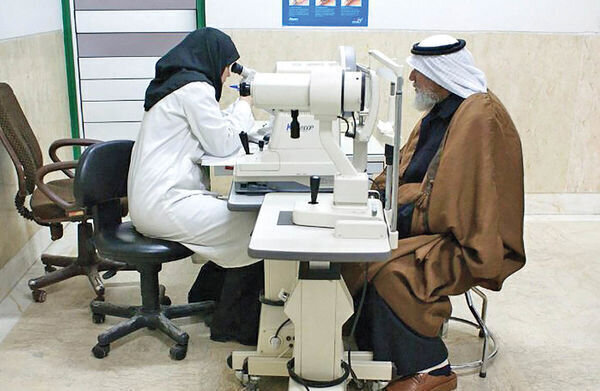Medical tourism: Fars province to launch offices in Iraq, Eurasia

TEHRAN – Iran’s Fars governorate is to launch offices in southern Iraq and Eurasia to facilitate travel to the Islamic Republic for those willing to obtain medical treatment.
“And we are set to open offices in southern Iraq and Eurasia, which are considered the province’s new target markets for medical tourism,” an official with Fars’s governorate said on Tuesday.
A total of 8,960 medical tourists were admitted to Far province hospitals during the first seven months of the current Iranian calendar year (started on March 21), Mohammad Farrokhzadeh added.
“The majority of those overseas patients came from Oman, Armenia, Tajikistan, Turkmenistan, Turkey, Bahrain, and Afghanistan.”
“Organ transplantation, eyes, skin, and hair treatments constituted the most required medical services during the period,” the official said.
Over the past couple of years, the Islamic Republic has emerged as a significant destination for medical tourism, attracting individuals from various parts of the world seeking high-quality healthcare services at affordable prices.
The country’s medical tourism sector has experienced substantial growth due to its advanced medical facilities, skilled healthcare professionals, and cost-effective treatments. The country boasts a robust healthcare infrastructure with modern hospitals, specialized clinics, and state-of-the-art medical equipment. Major cities like Tehran, Shiraz, and Isfahan house internationally accredited medical facilities offering a wide range of medical treatments and procedures.
The number of medical tourists visiting Iran revolves around one million per annum, an official with the Health Ministry has said. “Every year, one million foreign patients are treated in Iran,” said Mohammad-Hossein Niknam, who presides over the ministry’s department for international cooperation.
As mentioned by the council, “the free zones of Iran play an important role in the prosperity of the national economy. They have been established to help improve comprehensive social welfare and competition in global markets…”
AFM
